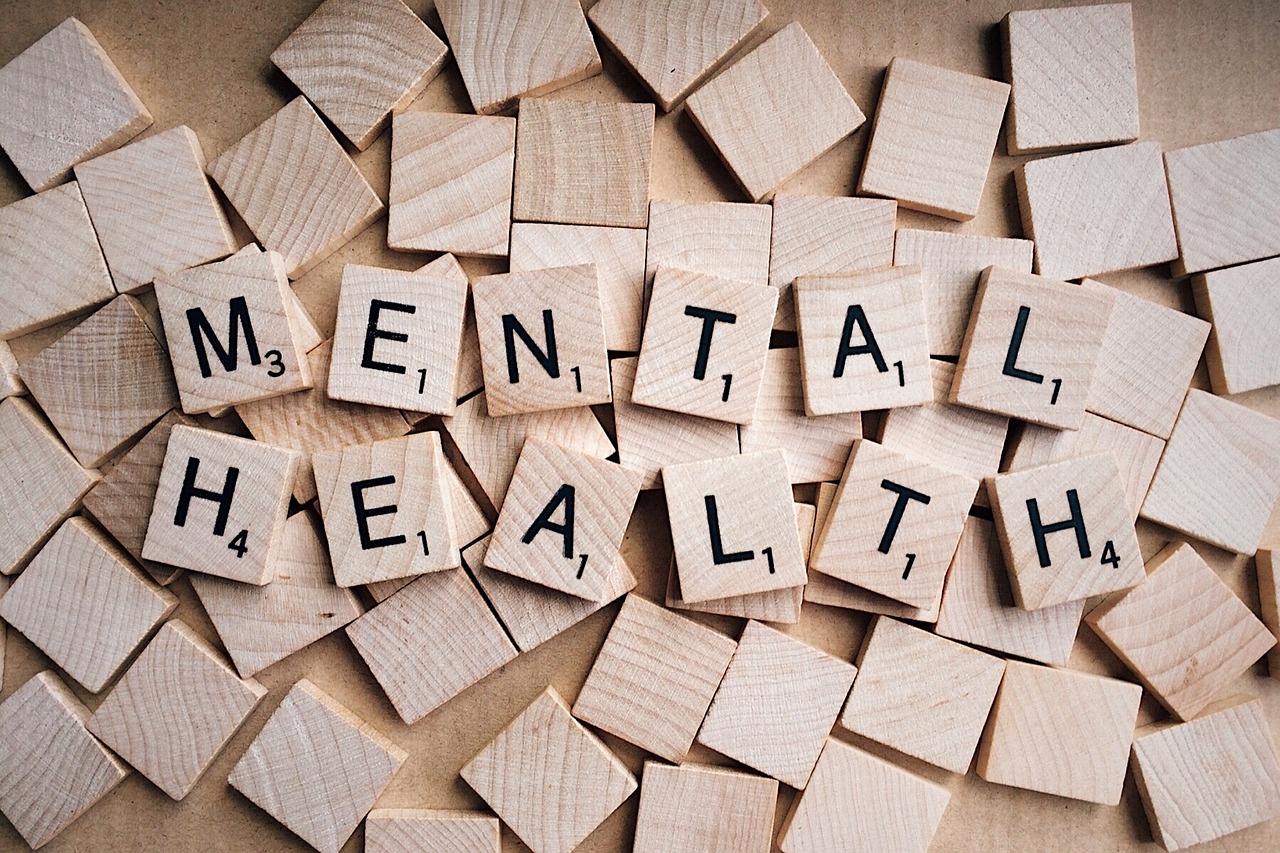In today’s fast-paced world, the importance of mental health is increasingly recognized, but what often goes unacknowledged is the profound connection between mental and physical health. The mind and body are not separate entities; rather, they are deeply interconnected, influencing each other in myriad ways. Understanding this connection is crucial for achieving overall well-being, as taking care of your mental health can lead to significant improvements in your physical health and vice versa.
The Mind-Body Connection: An Overview
The mind-body connection refers to the intricate relationship between our mental state and physical health. This relationship is mediated by various physiological mechanisms, including the nervous system, endocrine system, and immune system. For instance, when you experience stress or anxiety, your brain signals the release of stress hormones like cortisol and adrenaline. While these hormones are useful in short bursts, chronic stress can lead to a host of physical health problems, including high blood pressure, weakened immune function, and digestive issues.
On the other hand, physical health conditions can also impact mental health. Chronic illnesses, pain, and fatigue can contribute to feelings of depression, anxiety, and reduced quality of life. This bidirectional relationship highlights the importance of addressing both mental and physical health to achieve holistic wellness.
The Impact of Mental Health on Physical Health
- Stress and Cardiovascular Health:
- Chronic stress is a significant risk factor for cardiovascular diseases. The constant release of stress hormones can lead to elevated blood pressure, increased heart rate, and inflammation in the blood vessels. Over time, these factors can contribute to the development of heart disease, stroke, and other cardiovascular conditions.
- Depression and Immune Function:
- Depression has been linked to a weakened immune system, making individuals more susceptible to infections and illnesses. Studies have shown that people with depression have lower levels of immune cells, such as T-cells, which are critical for fighting off infections. Additionally, depression can lead to chronic inflammation, which is associated with various health conditions, including heart disease, diabetes, and cancer.
- Anxiety and Digestive Health:
- Anxiety can significantly impact digestive health, leading to conditions such as irritable bowel syndrome (IBS), acid reflux, and ulcers. The gut-brain axis, a bidirectional communication system between the central nervous system and the gastrointestinal tract, plays a crucial role in this connection. When anxiety levels are high, the gut’s normal functioning can be disrupted, leading to digestive discomfort and exacerbation of existing conditions.
- Mental Health and Chronic Pain:
- Mental health conditions such as depression and anxiety are often linked to chronic pain. Pain perception is influenced by psychological factors, and individuals with poor mental health may experience heightened pain sensitivity. Moreover, chronic pain can worsen mental health conditions, creating a vicious cycle that can be challenging to break.
The Impact of Physical Health on Mental Health
- Exercise and Mental Well-Being:
- Regular physical activity is one of the most effective ways to improve mental health. Exercise releases endorphins, the body’s natural mood enhancers, and reduces levels of stress hormones. It also promotes better sleep, which is crucial for mental health. Studies have shown that regular exercise can reduce symptoms of depression and anxiety and improve overall mood and cognitive function.
- Nutrition and Mental Health:
- The food we eat has a direct impact on our mental health. A diet rich in nutrients, such as omega-3 fatty acids, vitamins, and minerals, supports brain function and emotional well-being. Conversely, a poor diet high in processed foods, sugar, and unhealthy fats can contribute to mental health issues like depression and anxiety. The gut microbiome, which is influenced by diet, also plays a role in mental health, with a healthy gut promoting better mood and cognitive function.
- Chronic Illness and Mental Health:
- Living with a chronic illness can take a toll on mental health, leading to feelings of hopelessness, frustration, and isolation. Conditions such as diabetes, heart disease, and autoimmune disorders often require ongoing management, which can be mentally and emotionally draining. Additionally, the physical limitations imposed by chronic illnesses can lead to a reduced quality of life and an increased risk of depression and anxiety.
- Sleep and Mental Health:
- Sleep is vital for mental health, and poor sleep quality can exacerbate mental health conditions. Sleep disorders, such as insomnia, are commonly associated with depression, anxiety, and other mental health issues. During sleep, the brain processes emotions and memories, and inadequate sleep can disrupt this process, leading to mood disturbances and impaired cognitive function.
The Bidirectional Relationship: A Vicious Cycle
The connection between mental and physical health is bidirectional, meaning that one can influence the other in a continuous cycle. For example, chronic stress can lead to physical health problems, such as high blood pressure and weakened immune function. These physical health issues, in turn, can contribute to feelings of stress and anxiety, creating a vicious cycle that can be difficult to break.
Similarly, poor mental health can lead to unhealthy behaviors, such as overeating, substance abuse, and physical inactivity, which can further worsen physical health. On the other hand, physical health problems, such as chronic pain or illness, can lead to feelings of depression and anxiety, creating a feedback loop that negatively impacts overall well-being.
Strategies for Nurturing Both Mental and Physical Health
- Prioritize Self-Care:
- Engage in activities that promote relaxation and stress relief, such as meditation, yoga, deep breathing exercises, or spending time in nature. Self-care is essential for maintaining mental health and reducing the risk of stress-related physical health problems.
- Exercise Regularly:
- Incorporate physical activity into your daily routine to improve both mental and physical health. Even moderate exercise, such as walking, swimming, or cycling, can have a significant impact on mood, stress levels, and overall well-being.
- Adopt a Balanced Diet:
- Eat a nutrient-rich diet that supports brain health and physical well-being. Include plenty of fruits, vegetables, whole grains, lean proteins, and healthy fats in your meals. Consider consulting with a nutritionist or dietitian to develop a diet plan that meets your specific needs.
- Get Adequate Sleep:
- Ensure you get enough quality sleep each night to support your mental and physical health. Create a sleep-friendly environment, establish a consistent sleep schedule, and practice good sleep hygiene habits.
- Seek Professional Support:
- If you are struggling with mental or physical health issues, don’t hesitate to seek help from a healthcare professional. Therapy, counseling, and medical treatment can support you in managing your health effectively.
- Foster Social Connections:
- Strong social connections are vital for mental health. Spend time with friends and family, engage in community activities, and seek out support groups if needed. Social support can help reduce stress, improve mood, and enhance overall well-being.
Conclusion
The connection between mental and physical health is undeniable, each influencing the other profoundly. By understanding and nurturing this connection, you can take a holistic approach to your health, improving well-being, greater resilience, and a better quality of life. Remember, your mind matters just as much as your body, and taking care of both is essential for achieving lasting health and happiness.




